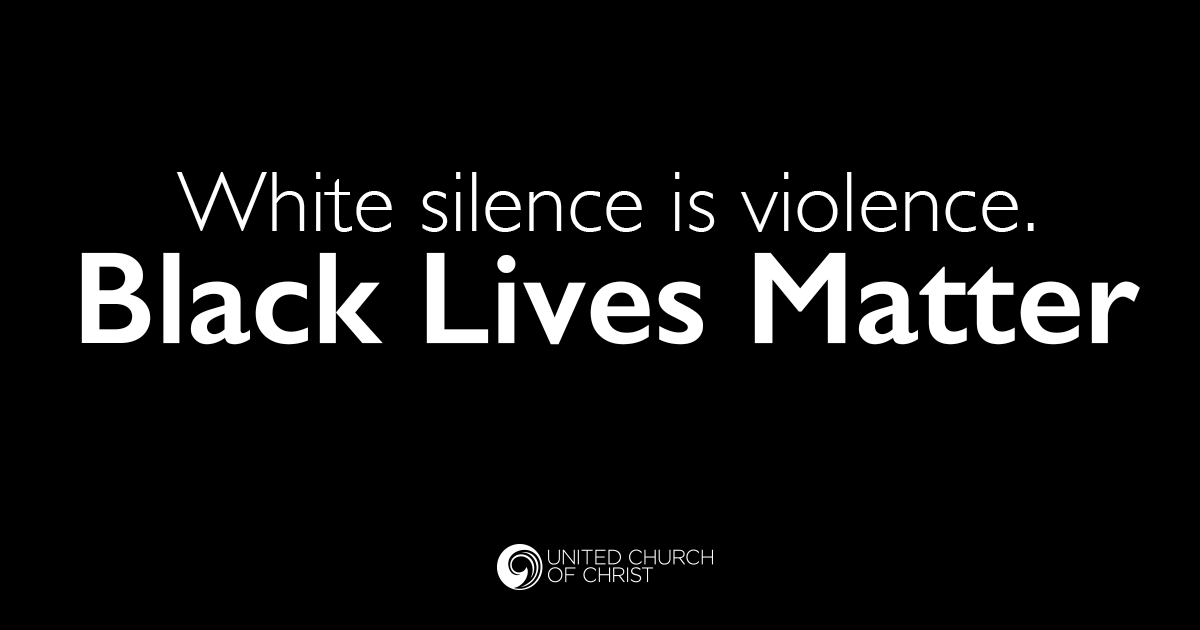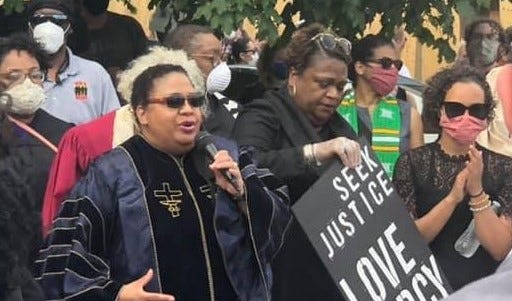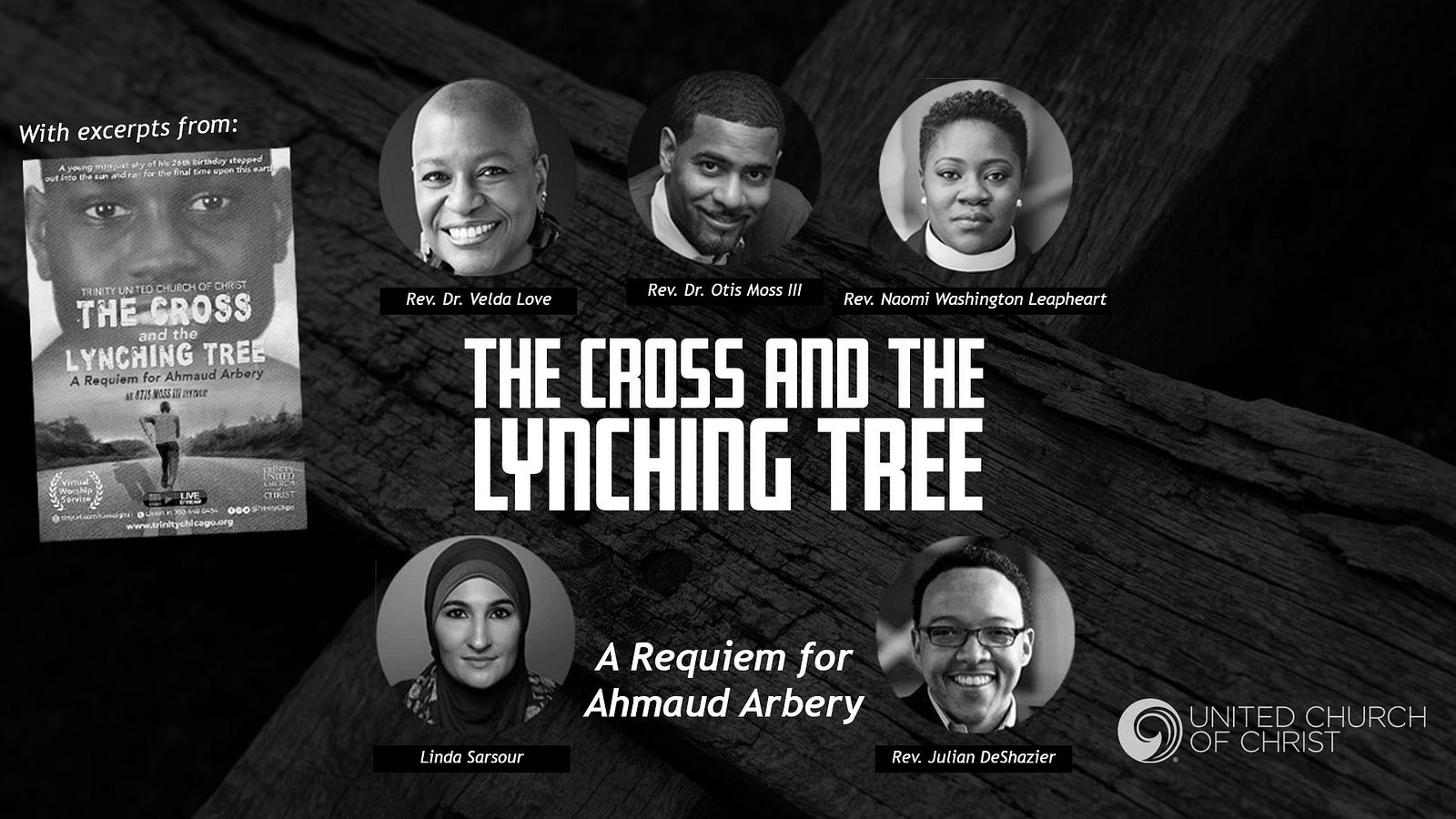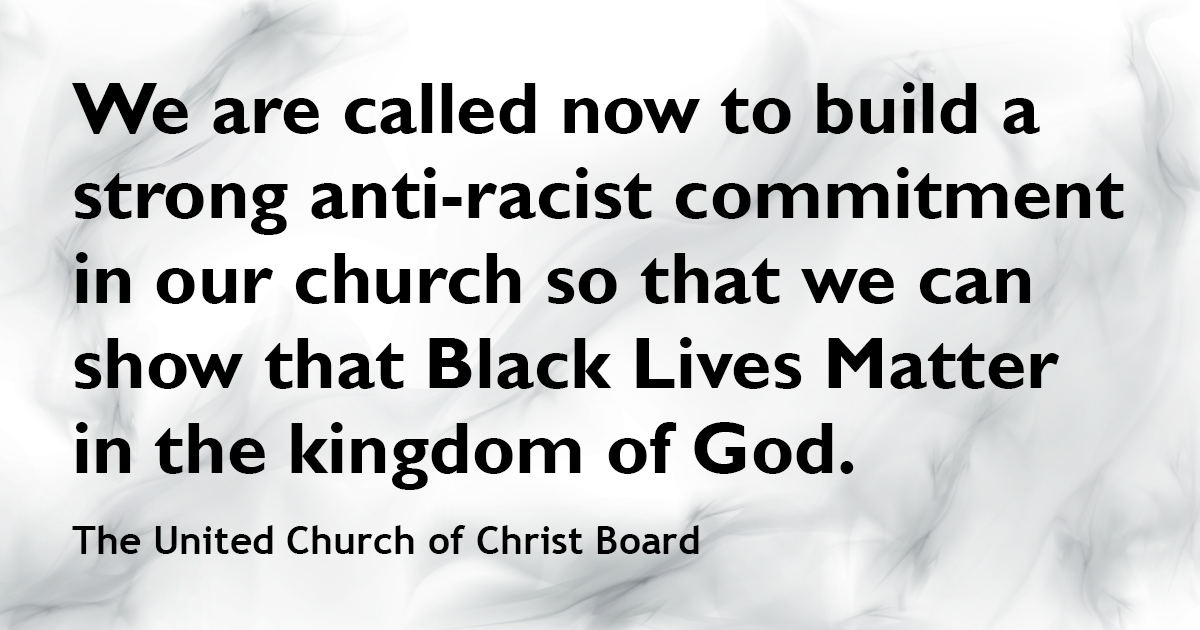The Supreme Court ruled on very narrow grounds this morning in Federal Communications Commission v. Prometheus Radio Project that the Trump Federal Communications Commission decision on media ownership permissibly allowed broadcast consolidation at the expense of ownership diversity by women and people of color. The Court did not adopt the broadcast industry's arguments that would have bound the agency to an improper reading of the Communications Act or the FCC's own precedent.
Cheryl A. Leanza, co-counsel in the case and the United Church of Christ's media justice ministry's policy advisor said the following:
Although the ruling is disappointing, the Court's decision was very narrow, finding only that the FCC's decision was 'within the zone of reasonableness' because the FCC possessed a sparse record. But the sparse record is the FCC's own fault. Any analysis of this question must rely on the FCC's data and yet the FCC has long permitted broadcast licensees to avoid filing their ownership data with impunity and has never taken steps to remedy the deficiencies.
The good news is the Biden FCC, once it gains a working majority, can quickly get to work building a solid record to promote the public interest standard and media ownership diversity.
 As part of its 60-year-old mission in pursuit of media justice, the UCC's media justice ministry, OC Inc.,
As part of its 60-year-old mission in pursuit of media justice, the UCC's media justice ministry, OC Inc.,  The
The .png)


 United Church of Christ, OC Inc., the National Consumer Law Center and the Multicultural Media, Telecom and Internet Council collaborated to submit a
United Church of Christ, OC Inc., the National Consumer Law Center and the Multicultural Media, Telecom and Internet Council collaborated to submit a  ts of communication between incarcerated people and their loved ones demonstrates the need for federal legislation to address this issue. As has been widely documented, including most recently
ts of communication between incarcerated people and their loved ones demonstrates the need for federal legislation to address this issue. As has been widely documented, including most recently 



 The new HEROES Act released today, H.R. 6800, contains an incredible commitment to the communications rights of all people. The consumer protection and telecommunications provisions championed by Speaker Pelosi and Chairman Pallone recognize that the right of all people in the U.S. to connect with each other during the novel coronavirus pandemic is not only a matter of mental health and economic survival, it is a matter of life and death.
The new HEROES Act released today, H.R. 6800, contains an incredible commitment to the communications rights of all people. The consumer protection and telecommunications provisions championed by Speaker Pelosi and Chairman Pallone recognize that the right of all people in the U.S. to connect with each other during the novel coronavirus pandemic is not only a matter of mental health and economic survival, it is a matter of life and death.